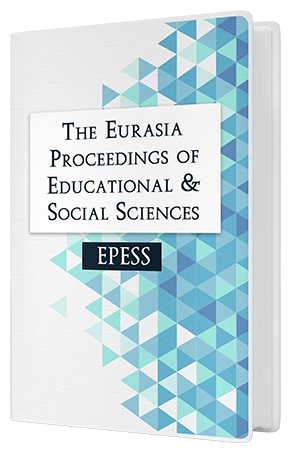INTEGRATING STEM IN AN ENGINEERING DESIGN PROCESS: THE LEARNING EXPERIENCE OF RURAL SECONDARY SCHOOL STUDENTS IN AN OUTREACH CHALLENGE PROGRAM
Keywords:
Engineering design process, higher order thinking, outreach challenge program, rural schools, STEMAbstract
This research was conducted to evaluate the learning experience of Grade Ten students from two Malaysian rural secondary schools that adopted the integration of STEM in an Engineering Design Process (STEM-EDP) approach vis-á-vis an outreach challenge program. A total of 89 students undertook a ten hour program which engaged them in designing and building three different prototypes as well as answering higher order thinking questions. Data on students’ learning experience were captured through teachers’ field notes, and participants’ responses to open-ended questions. The STEM-EDP outreach challenge program brought awareness to rural school students of their potential as problem solvers, thinkers, creators, and collaborators. Students were able to simultaneously broaden their boundaries in knowledge and competency even though they experienced difficulties in tackling challenges associated with STEM activities. Findings suggested that the STEM-EDP approach can be applied as a means for fostering creativity, problem solving skills, and thinking skills among rural secondary school students.Downloads
Published
Issue
Section
License
Copyright (c) 2017 The Eurasia Proceedings of Educational and Social Sciences

This work is licensed under a Creative Commons Attribution-NonCommercial-ShareAlike 4.0 International License.
The articles may be used for research, teaching, and private study purposes. Any substantial or systematic reproduction, redistribution, reselling, loan, sub-licensing, systematic supply, or distribution in any form to anyone is expressly forbidden. Authors alone are responsible for the contents of their articles. The journal owns the copyright of the articles. The publisher shall not be liable for any loss, actions, claims, proceedings, demand, or costs or damages whatsoever or howsoever caused arising directly or indirectly in connection with or arising out of the use of the research material. All authors are requested to disclose any actual or potential conflict of interest including any financial, personal or other relationships with other people or organizations regarding the submitted work.




